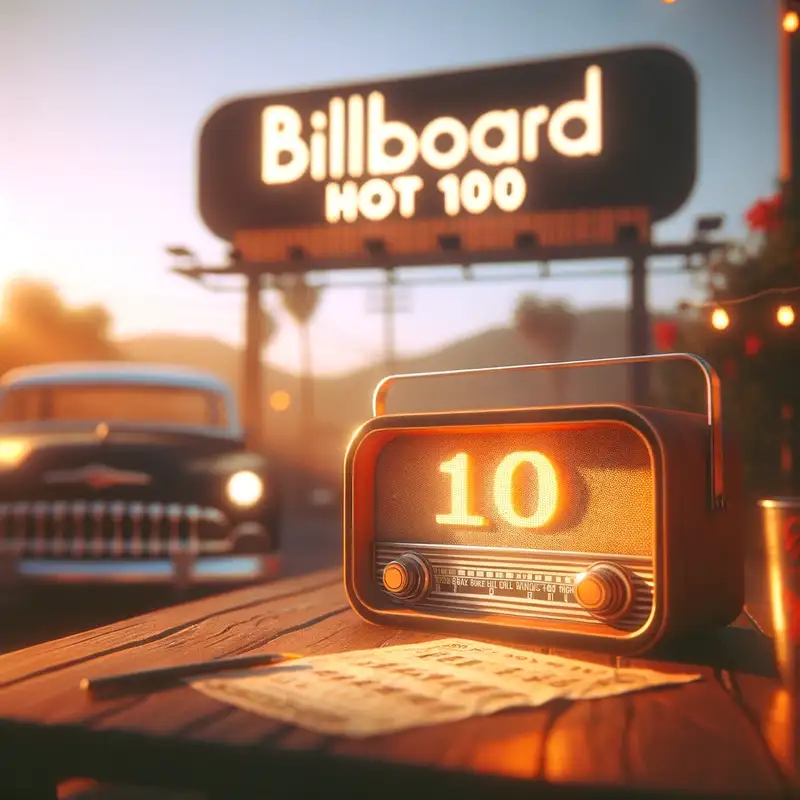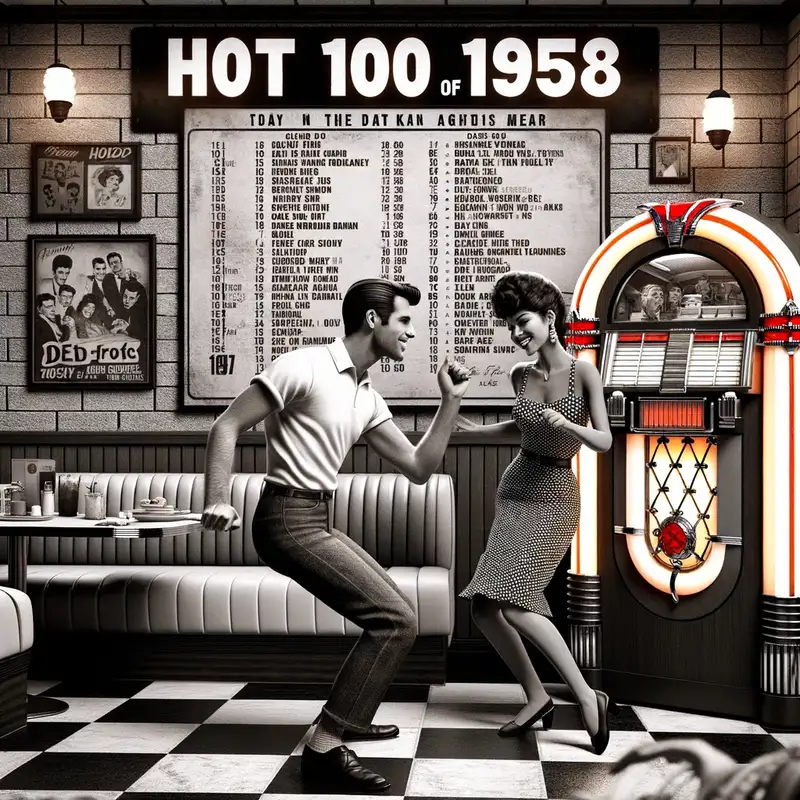What is Billboard Hot 100? The Musical Barometer We All Live By

If the music world were high school, Billboard would be that cool kid everyone’s always trying to impress. It’s like the Grammys, but all year round. For decades, this chart-topping titan has decided who’s hot and who’s… well, not.
Let’s dive into the wonder that is Billboard and explore why artists, fans, and even your grandma cares so much about it.
Table of Contents
From billboards to “Billboard”
The story goes back further than you might think.
Established in 1894, the magazine originally covered the advertising and bill-posting industry. Yes, literal billboards. Who’d have thought?
The focus shifted in the 1930s. Radios became a household staple, and Billboard began monitoring the most-played songs on them.
This move established Billboard as THE source for popular song rankings.
The Billboard Hot 100
The Hot 100 is THE list. If you’re a singer or in a band, this is the list you dream of being on. And not just on it, but at that coveted #1 spot.
Launched in 1958, the Hot 100 combined single sales and radio airplay to determine the hottest tracks in the US. From rock to hip-hop, country to pop, if it’s music and people are loving it, it’s on the Hot 100.

See Also The Hot 100 of 1958
The formula has seen many changes over the decades. With the dawn of the digital age, streaming and social media activity now play crucial roles in determining a song’s Hot 100 position.
Other Noteworthy Charts
But wait, there’s more! The Hot 100 isn’t Billboard’s only claim to fame. They’ve got a chart for just about every musical taste.
1. Billboard 200: While the Hot 100 focuses on individual songs, the Billboard 200 is all about album sales.
Fun fact: “Thriller” by Michael Jackson held the record for the most weeks at #1.
2. Country, R&B, Latin, Rock, and more: No genre is left behind. There’s a dedicated chart ensuring every type of music gets its time in the spotlight.
3. Year-end charts: Want to know the biggest hits of a particular year? The year-end charts have got you covered. From the biggest summer jams to the tear-jerkers that got us through winter, it’s all there.
The Impact of Billboard Rankings
So, you might wonder, why the fuss? Is it really just about bragging rights or is there something more to these charts?
1. The Commercial Impact
Ranking on the Billboard charts, especially the Hot 100, can mean serious moolah for artists and their teams. Not only do the sales and streams contribute directly to an artist’s income, but charting also creates numerous secondary income opportunities:
Merch and Tours: An artist with a chart-topping single will likely see increased ticket sales for concerts and a boost in merchandise sales.
Collaborations: High-charting artists become sought after for collaborations.
2. The Prestige and Validation
The respect that comes with ranking on a Billboard chart is unparalleled. For many artists, it’s the culmination of years of hard work and an affirmation that their music resonates with people.
3. Setting and Breaking Records
Billboard charts also serve as a history book for the music industry. Setting a record or breaking one is a big deal. Remember when The Beatles held the top five spots simultaneously? Legends only!
4. The Global Reach
While Billboard is inherently American, its influence is undoubtedly global. Artists worldwide aim to chart on Billboard. The ripple effect is real. A hit on the Billboard charts can lead to recognition and success in other markets.
The Controversies and Critiques
No system is perfect, and Billboard isn’t exempt from this rule. Over the years, there’ve been a few raised eyebrows and out-loud debates about the charts.
1. The Formula: As the music industry evolved, so did the metrics for determining the Hot 100. But not everyone agrees with the weightage given to streaming versus sales, or how different platforms are accounted for.
2. Payola and Gaming the System: The age-old debate of payola (paying for airplay) has never really gone away. In the streaming era, new forms of ‘chart manipulation’ have emerged, with artists encouraging fans to play songs on repeat, buy multiple copies, and so on.
3. Genre Biases: Over the years, some have argued that certain genres, like country or hip-hop, might have a tougher time charting compared to pop songs. It’s an ongoing debate about representation and what ‘mainstream’ really means.
In Conclusion
Billboard, in many ways, serves as a living record of our ever-evolving music tastes. From Elvis to Elton, Madonna to Beyoncé, and Nirvana to BTS. While its methods and metrics might stir debate, its significance in the world of music is undeniable.